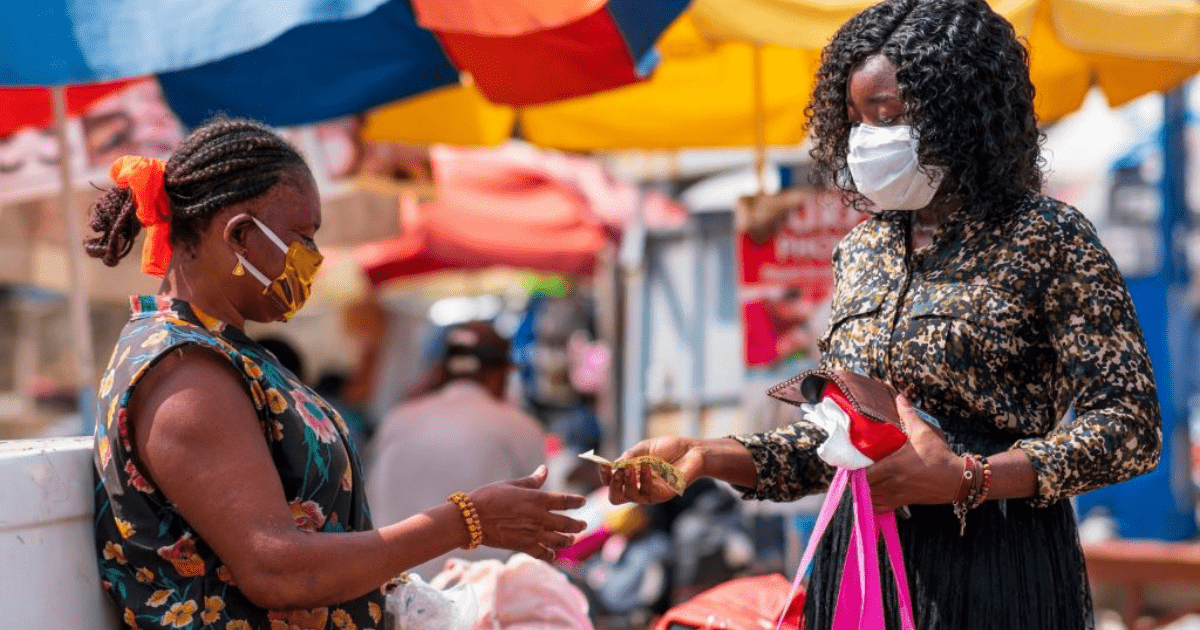
If you’re starting a business in South Africa, you’ll need to know how the business will be structured. Running a business isn’t only about the products or services that you offer. You also need to establish how the business will operate and what kind of legal and regulatory requirements the business needs to meet. With this in mind, there are two types of business sectors that exist – formal and informal.
While any business should become part of the formal sector, a large portion of businesses run informally. It’s important to understand the difference between the formal and informal sectors to know where your business stands.
We’ll cover this all in our guide below.
What is Formal Business?
A formal business in South Africa is any organised business with employers who offer fixed terms of employment. These businesses offer jobs with regular hours, they pay regular wages and they pay taxes. Formal businesses are registered and protected.
It also includes private businesses as well as public corporations. Furthermore, these are businesses that meet all relevant legal requirements. They are organisations that are clearly structured and regulated.
What is the Formal and Informal Sector?
The formal sector is the part of South Africa’s economy that includes all formal businesses that pay their taxes and are regulated. This sector includes the most widely known private businesses.
It could include anything from grocery stores to restaurants, petrol stations, banks, insurance companies, and many more. As long as the business follows the necessary legal requirements and legally employs people, it is part of the formal sector. This is basically the “recognised” business sector that contributes to the economy.
The informal sector includes the part of the economy that is not taxed or monitored by the government. A large portion of South Africa’s economy forms part of the informal sector. The economic activities of these businesses are not included in the country’s Gross Domestic Product (GDP). If a business’s activities are “off the books” then it falls under the informal economy.
Informal businesses are run by people who are not employed in the formal sector. This includes many township businesses and small businesses run from people’s homes. Many small local businesses and solo entrepreneurs make up the informal sector. However, the informal sector also includes illegal or unregulated business ventures.
Thousands of South Africans depend on the informal sector to provide them with things like meals, clothing, goods and services at affordable prices. What is more, thousands of South Africans also rely on the informal sector for income as they can’t find formal employment in the country.
What Are Three Types of Informal Business?
If you walk down any busy street in South Africa, you’ll likely come across some form of informal trading.
Many different types of informal businesses exist in the country. While any “unrecognised” business can fall under the informal sector, there are a few types of businesses that this sector of the economy is commonly made up of.
Three common examples of informal business in South Africa include:
- Spaza shops
- Hawkers, pavement sellers, and street vendors
- Laundromats and other small businesses run from a person’s home
Informal businesses in South Africa are generally found in rural and informal areas. These businesses are generally cash-based, do not have formal agreements with employees, and are not registered at national or regional levels.
The informal sector accounts for about 18% of South Africa’s GDP, with over three million workers employed by the informal economy. The South African government recognises the informal sector as being an important form of employment and a major economic driver in poorer communities.
What are Examples of Formal Business?
Unlike informal businesses, formal business includes any trade that is regulated, registered, taxed, and protected. This makes up the vast majority of South Africa’s economy, as it includes any recognised, legal business.
A few common examples of formal businesses in South Africa could include:
- Retail businesses
- Bakeries, hospitality, and food service businesses
- Motor trade businesses
- Financial service businesses
- Service providers
- And any other type of recognised business
While the large majority of South Africa’s economy is made up of the formal sector, many South African citizens rely on the informal economy. This is particularly seen in rural and township areas, where most businesses are not registered and properly structured.
While it’s important to regulate trading and economic activity, putting a stop to informal business in South Africa would have a harsh effect. Right now, both formal and informal businesses coexist in order to fuel the country’s economy.





